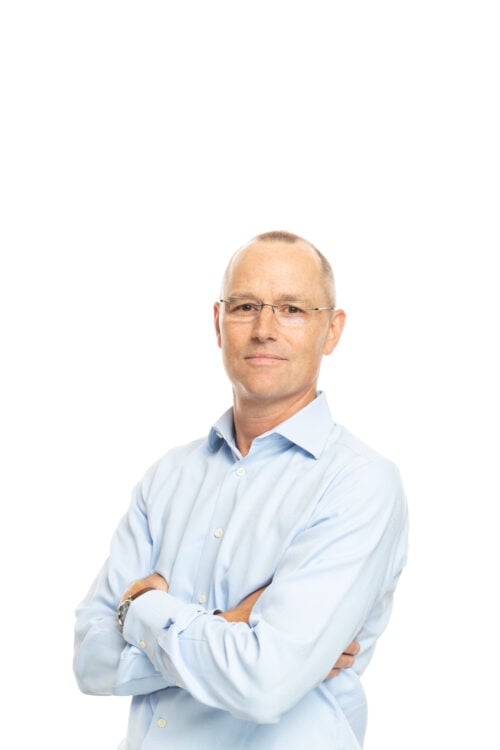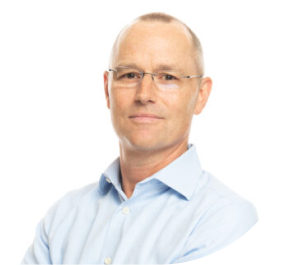Our Healthcare Mess Requires Solving the Cookie Problem
We spend drastically more than other countries for worse health outcomes. One out of four Medicare dollars goes to kidney disease, often a preventable illness. So how can we solve this healthcare puzzle?
tags

There is one thing we should all agree—healthcare delivery in this country is a mess. Sure, we have some of the best doctors, scientists, and medical institutions in the world. Yet, we have a system where we spend drastically more than other countries for worse outcomes. In my field, 1 out of 4 Medicare dollars goes to kidney disease, often a preventable illness.
We all agree that is simply wrong.
Where opinions start to diverge is around the underlying cause of that healthcare mess. Some argue we have a data or technology problem. Others insist it’s about reimbursement. Or perhaps its communication barriers between clinical specialties. We fix these, the argument goes, and we’ll finally clean up the broader healthcare mess.
You see this mindset manifest across the industry—from company leaders to our tradeshow floors to the media that covers us.
What I’ve learned over a decade-plus in kidney care, is that whiz-bang technology isn’t enough. Better care coordination and physician alignment isn’t enough. Talking to patients about their diet isn’t enough. We have to do all of it. -Bobby Sepucha
Instead, we need to solve the cookie problem.
Let me tell you about one of our patients: a 75-year-old man suffering from obesity, diabetes, and advanced kidney disease. It did not take long to figure out that our dietitian and social worker would need to take the lead.
We heard a chorus of resistance. “I don’t want to change my diet.” “Diets don’t work.” “The foods I eat make me happy.”
Instead of providing nutrition information he was not ready to hear, our team focused on getting to know him as a person. They formed the bonds of trust fundamental to a constructive patient-caregiver relationship. Gradually, the patient began to take the lead in his own care, helping the team identify small changes he would make.
That included addressing his cookie problem.
He would wake up around 1 a.m., go to his kitchen, and eat four chocolate chip cookies and a large glass of milk. Four cookies and a glass of milk. Every night.
Despite his advancing kidney disease, this ritual was an important part of the regular rhythm of his life. But over many weeks, by letting the patient drive the conversation, he made a concession. He felt he could eat only two cookies and half a glass of milk without affecting his quality of life.
The result after three months? His blood pressure improved. His acid reflux diminished. And he reduced his hemoglobin A1C. Most importantly, those changes told him he was in the driver’s seat to a better, healthier life. He began to work with his care team and nephrologist more often – setting more health goals, tracking his progress, and making himself accountable.
Our company has great data combined with predictive analytics to find kidney disease before it’s diagnosed and determine the risk for disease progression or hospitalizations. Our specialty-focused EHR better aligns workflows and alerts providers to timely interventions. A network of 1,600 nephrologists have joined our mission to reimagine kidney care.
Yet all those great pieces of the puzzle don’t solve the cookie problem.
What I have learned over a decade-plus in kidney care, is that whiz-bang technology is not enough. Better care coordination and physician alignment is not enough. Talking to patients about their diet or medication is not enough.
We have to do all of it. And that means, in part, as an industry we need to stop fixating on the puzzle pieces.
Instead, we need to push forward and raise up those who have put the pieces together. If we can’t do that, we certainly are not going to fix what’s wrong with healthcare.

Bobby Sepucha
Chief Executive Officer
Bobby is CEO of Interwell Health. He brings over ten years of value-based kidney care experience to this role, having served as CEO of Cricket Health and as a senior executive at Fresenius. Previously, he worked at the intersection of business, policy, and law.